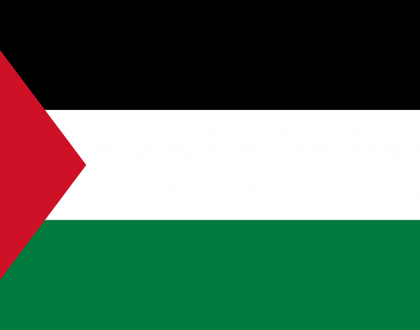(2:0) Why should I read Surah Baqarah?

What can we gain by studying this lengthy surah?
What is its significance?
And why is it called The Cow?
To the novice, beginning their journey of the Qur’an, Surah Al Baqarah can seem somewhat daunting – so lengthy, comprehensive and detailed. Yet, when we look closely at it, it is simultaneously the answer to any philosophical quest about our existence, as well the practical, no-nonsense ‘how to’ guide for all our everyday queries. This surah is a very clear account of Allah Almighty Almighty’s expectations of us and revelation of how to navigate our way through life from birth to death. Getting a handle on it is therefore an effective way of gaining a deeper understanding of the basis of our belief and building our knowledge of Allah Almighty Almighty.
Place in the Qur’an
- Surah Al Baqarah is is the answer to the question posed by surah Al Fatiha, which asks Allah Almighty Almighty for guidance. Guidance on how to shape our personal lives, family, finances and society is contained in detail, systematically in this Surah.
- It is the longest surah in the Qur’an – it is two and a half juz. (chapters)
- It contains around 1000 rulings.
- It was revealed in Madinah. Madani Verses are the blueprints of Islamic laws and the guide on how to establish a just, peaceful and flourishing society. They are the next stage of revelation after the more concise verses which were revealed in Makkah. By contrast, Makki surahs are mainly concerned with establishing tawheed (monotheism) steering man from superstition to truth in a society that had worshipped multiple gods for generations, providing certainty that Allah Almighty Almighty Himself was communicating with man through the Prophet (peace be on him) (peace be on him) and encouraging us to reflect over Allah Almighty Almighty ’s signs in creation and verses in the Qur’an.
- This surah contains the longest verse of the Qur’an, Ayat ul Dain (verse 282), which is one whole page.
- It contains the unique Ayat ul Kursi (verse 255), which is not repeated elsewhere.
- It ends with the summary of belief and one of the most beautiful duas of the Qur’an.
Why is it called ‘The Cow’?
The origin of the name of the surah is from the Prophet (peace be on him), who mentioned it in many narrations due to the story of the cow, in which the Bani Israel – the people of Prophet (peace be on him) Musa (peace be on him) – were commanded to sacrifice cow when a person was killed in the community when they wanted to establish who had murdered him. The people mocked this command by their obstinate quibbling over the precise type of cow required. Each unnecessary question brought difficulty on them, as it narrowed their choice, making their task more troublesome for their own selves and became a lesson for us all.
Why recite Surah Al Baqarah?
The Prophet (peace be on him) said, ‘Do not turn your houses into graveyards. Shaytaan runs away from the house in which Surah Al Baqarah is recited.’ (Sahih Muslim)
In another narration,
Shaytaan will flee from a house for three days in which surah Al Baqarah is recited’.
We could play a Qur’an CD but reciting it earns more reward.
In another narration the Prophet (peace be on him) said, that reciting surah Al Baqarah is a blessing and not reciting it is a regret, and that those dealing with black magic cannot recite it. So this is also a test – if someone cannot recite surah Al Baqarah they must be dealing in Black Magic.
Reciting the last two ayahs of surah Al Baqarah has numerous weighty merits and the Prophet (peace be on him) said:
‘Whoever recites the last two verses of Surah Al Baqarah at night, it will suffice him.’ (Bukhari)
To perform ‘Ruqya’ which is reciting for healing or protection we should recite surah Al Fatiha, followed by Ayat ul kursi (2:255), the last two verses of surah Al Baqarah (2:285-286), and the last three surahs of the Qur’an: Surahs Iklhas, Falaq, Nas.
What’s it about?
Surah Al Baqarah is our manual for living on this planet. It contains our history and origins, our purpose, and our role as khalifas or rulers and caretakers on earth. It is istikhlaaf.
We are taught by parables, as well as the cautionary examples of nations who preceded us, and their mistakes, as well as visionary prophets like Ibrahim (peace be on him) who led by positive example.
Its scope ranges from personal development and growth so that we can begin to achieve the potential that Allah Almighty gave us, as well as how to be considerate spouses/parents/children, members of society, and effective leaders, judges, and businessmen.
Let us pray that Allah Almighty gives us the tawfiq (opportunity and ability granted by Allah Almighty) to honour His gift, engage with this surah and grow to love it allowing it to open our hearts and minds to Him, bringing us ever closer to Him through it. Ameen
Recommended Posts

Lessons in victory from Surat Al Ahzab
May 12, 2021

Defend Palestine. Lessons from Surat Al Ahzab
May 11, 2021


